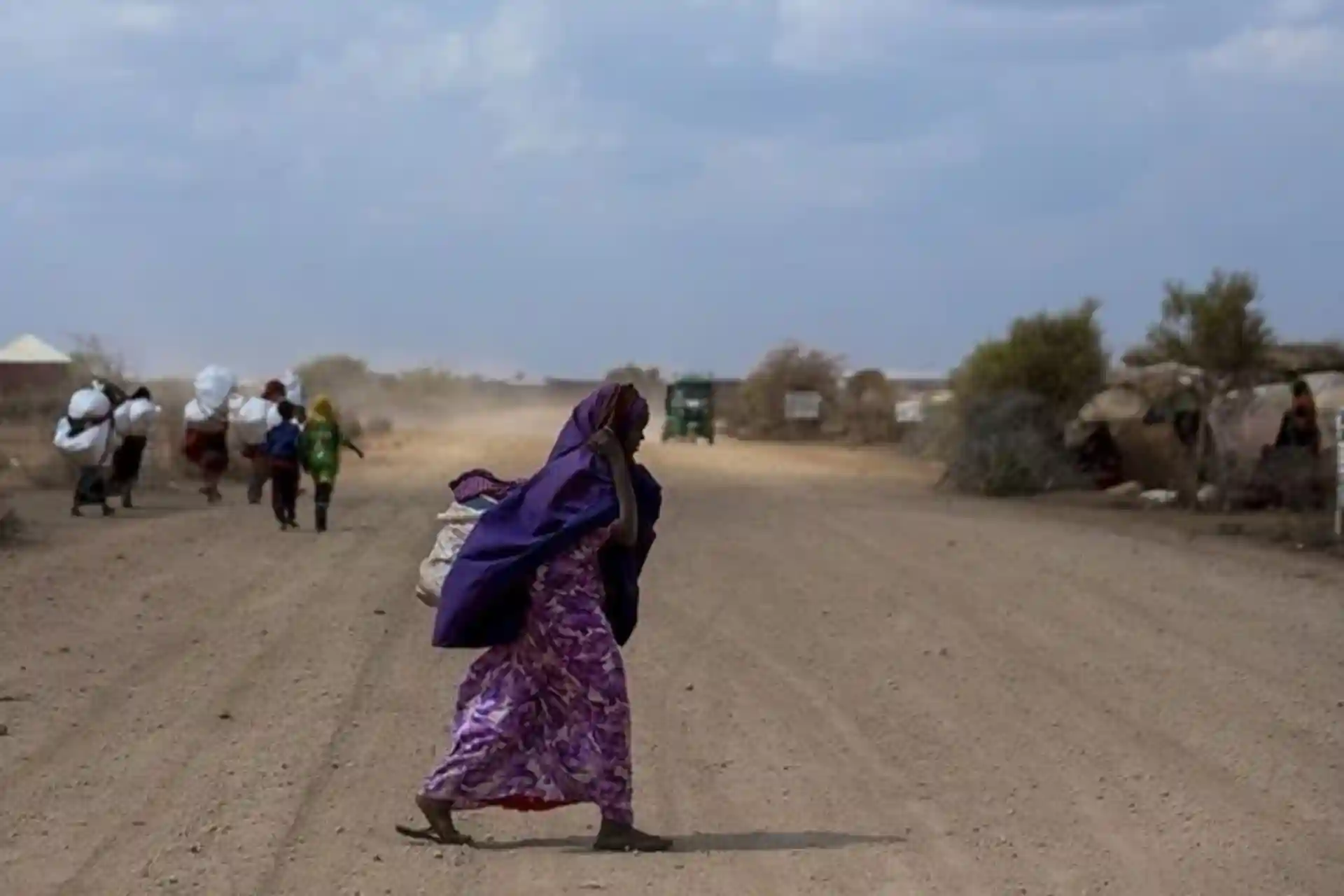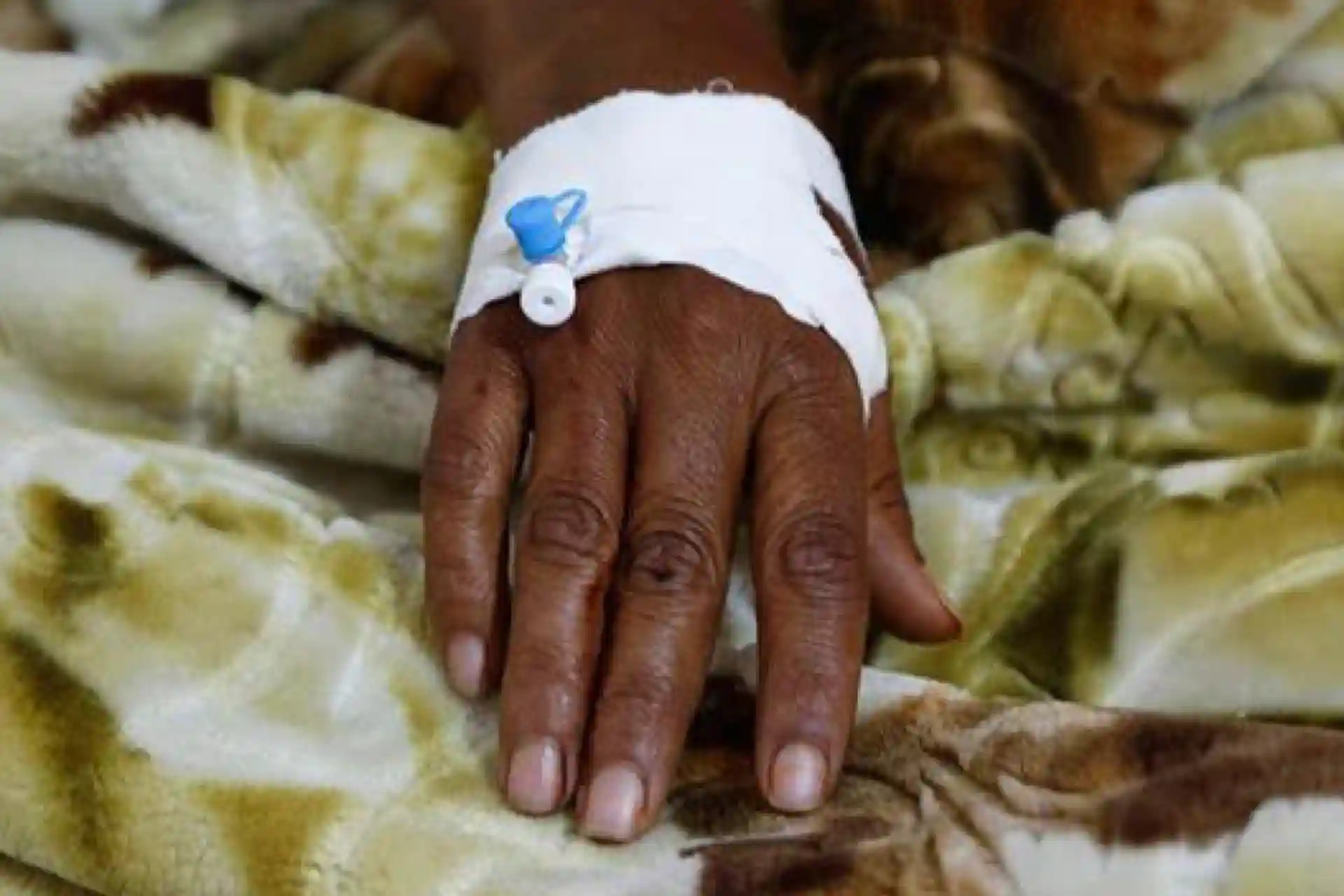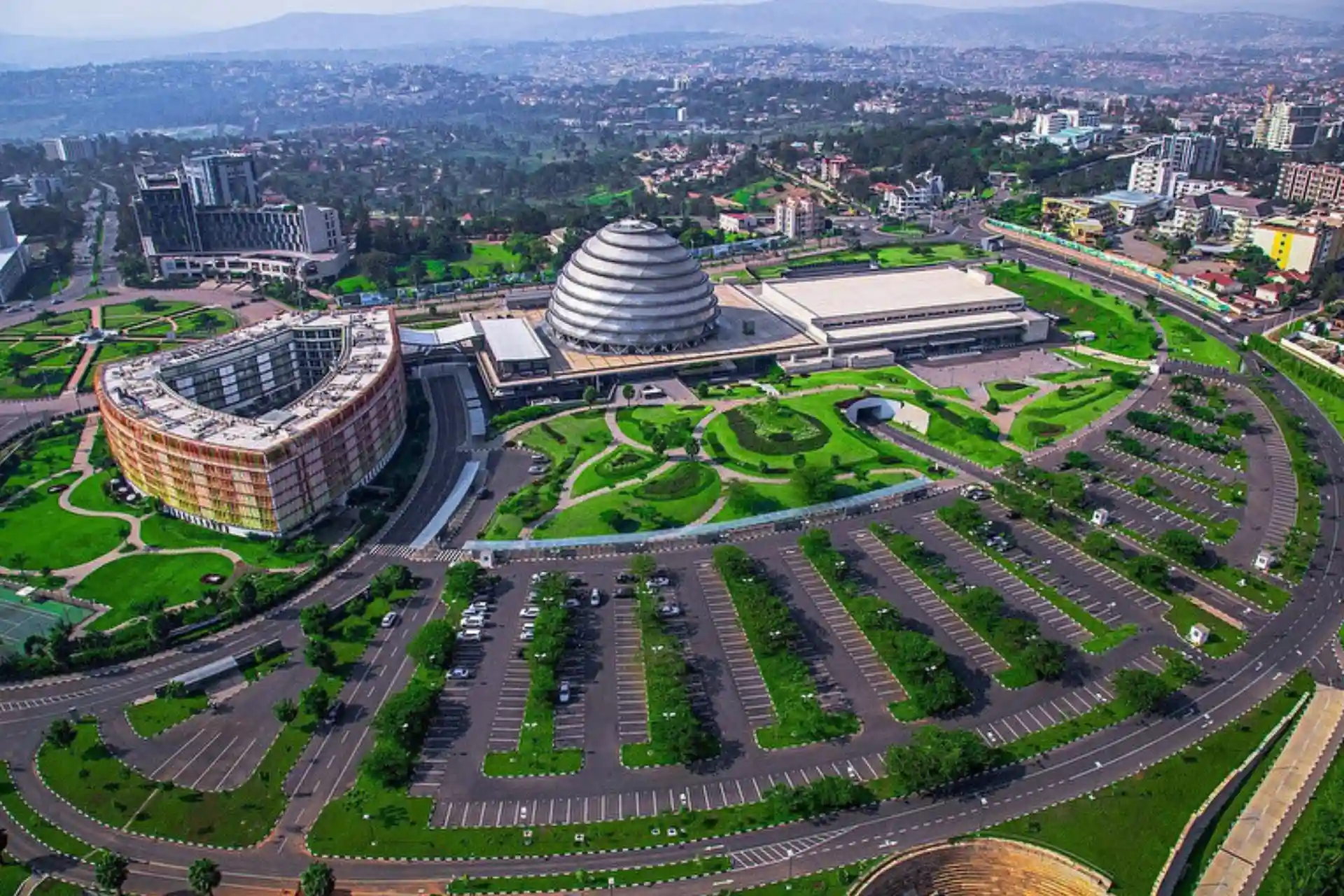11.05.2024 08:58
2919
African countries are demanding reparations from former colonial powers
During the colonial period, European countries kidnapped more than 12.5 million Africans and took them away on ships. The government of the African island nation of Sao Tome and Principe has said it will demand reparations from Portugal for damages caused by colonial policies.
———
African countries are demanding monetary reparations from their former colonial powers for years of brutal exploitation, deprivation of independence, poverty and slavery.
The topic of demanding reparations from the former colonizers became more relevant after São Tomé and Príncipe announced its intention to demand reparations from Portugal. Over four centuries, European nations transported more than 12.5 million Africans on ships to be sold into slavery.
Africans were brought to countries in the Americas, such as Brazil and the Caribbean, and forced to work for European settlers under conditions that deprived them of basic human rights.
Last week, the government of the African island nation of Sao Tome and Principe said it would demand reparations from Portugal for damages caused by colonial policies.
Portugal colonized São Tomé and Príncipe from 1486 to 1975 and enslaved or displaced thousands of people. After 50 years, the Portuguese government is sending a message that it can pay reparations by acknowledging its colonial past.
Sao Tome and Principe's government announced its intention to seek reparations on April 23 after Portuguese President Marcelo Rebelo de Sousa said his country was responsible for the slave trade and colonial crimes and must pay reparations.
The colonization of countries such as Angola, Cape Verde, Guinea-Bissau, and Mozambique caused not only material damage, but also the destruction of cultural monuments.
About six million Africans were kidnapped, forced across the Atlantic on Portuguese ships and sold into slavery in many countries, mainly Brazil.
Non-governmental organizations in Haiti are demanding that France pay billions of dollars in compensation they received "in exchange for the recognition of independence."
Haiti became the first country in the region to gain independence in 1804 after 300 years of colonial rule.
France, which recognized Haiti after independence in 1825, forced the country to pay large reparations. Funds were to be paid annually until 1947 for lost revenue after independence.
- Germany recognized the genocide
Germany has agreed to pay 1.1 billion euros to Namibia in 2021 for the genocide it committed in that country.
Between 1904 and 1908, when Namibia was one of Germany's colonies in South West Africa, tens of thousands of people died during the suppression of rebellions by the country's two largest communities, the Herero and Nama peoples.
Almost half of the 65,000-80,000 Herero and 20,000 Nama people living in the region are estimated to have died.
The junta that took power in Niger on July 26, 2023 wants France to pay reparations for "more than a century of colonialism and looting of its natural resources."
The country's officials say that all archival information on Africa's recent history will be studied and a detailed program will be prepared to pay off all the French debts to Niger.
While demands for reparations are high on the African agenda, European countries take a different stance on this issue.
Britain refrains from taking action, while France, Germany and the Netherlands seem to accept responsibility for crimes committed during the colonial period.
African and Caribbean countries have agreed to launch a global action to end slavery at a summit in Ghana in 2023.
At the same time, the African Union, in cooperation with the Caribbean countries, formed a "united front" to convince European countries to pay for "grave crimes of a historical nature".



